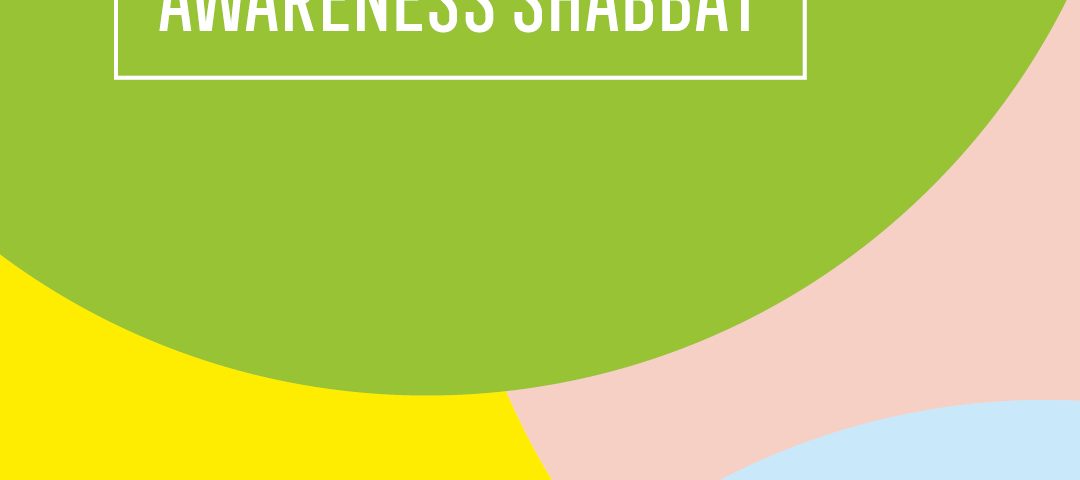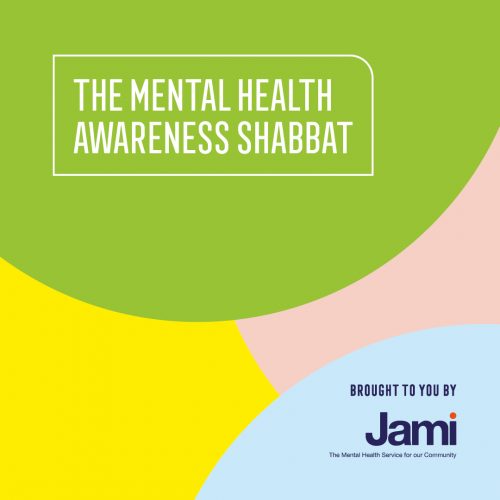
by Rebbetzin Chana Hughes
Chana Hughes works as a systemic and family therapist for the NHS as well as privately. She helps adults and young people with depression, anxiety and mental health related issues as well as with couple and relationship difficulties. She is the Rebbetzin of Radlett United Synagogue.
Several years ago, my elderly English neighbour went out and we received a package from the postman on her behalf. It was a large and beautiful bunch of flowers. When she came to collect it later that day I asked, “what beautiful flowers somebody has given you, what’s the happy occasion?”. “My son died”, she replied and quickly left. We were deeply embarrassed and apologetic, and it was then that I learned an important cross-cultural lesson – when they do flowers, we do food – or, as my friend’s Bubbah used to say “flowers? You can’t eat them, so what’s the point?”.
Years later, now that I am a therapist for families and young people, I have found that the same attitude surrounds mental health issues in many (not all) Jewish households. As a culture, many of us have an immigrant background in which seeking food and shelter were the main priorities. In fact, many of us are from families in which generations upon generations have survived by their quick wit, escaping danger and using their initiative to build new lives for their families. In this context, making provisions for, or even recognising that emotional difficulties exist, was not much more than an unwelcome distraction. If it is not going to help you avoid a pogrom, escape the Nazis or fight for your country, what is the point of responding to emotional cues?
Mental health issues became irrelevant compared to the tribulations historically facing most Jews. Of course, Jews are not the only immigrant culture to experience this attitude. When I was training, I met a clinical psychologist from a similar minority culture, whose family had experienced centuries of persecution and upheaval. He told me that his parents had never supported his choice of profession as they did not understand why he achieved a PhD but would never be a ‘real doctor’. If you’re not a ‘real doctor’ who can prevent somebody from dying when being forced out of their homes, what’s the point of having a PhD altogether?
Some time ago, a family friend had a tonsillectomy and was unwell for several weeks. Her wonderful Jewish community responded the way they always do, with lots more chicken soup than chrysanthemums. The messages, warm wishes, visits and gifts were a welcome support and she recovered as expected. The following year, her emotional health suffered, she had a nervous breakdown and was admitted to hospital for several months following an attempted overdose. During this time, her wonderful Jewish community sent neither chicken soup nor chrysanthemums. Messages of concern were passed on about her rather than directly to her. And these were whispered in hushed tones. The difference between the attitude towards physical and mental illness in our community is partly due to stigma which is slowly fading thanks to many hard-working individuals and organisations. But the stigma itself is partly due to our communal sense of confusion. “I don’t understand,” the wonderful Jewish community say with their eyes, “If she is still able to stand up, pack her belongings and run out of the house, is she really that ill? Does she really need the chicken soup?”.
Yet ironically, at the same time as emotional concerns have become culturally less relevant due to a history of prioritising physical survival, mental health has never been a more relevant concern in our community. According to studies in epigenetics, Jews have endured so much cumulative stress that many of us are experiencing the result of transgenerational trauma. There have been many studies that show that children of Holocaust survivors have higher vulnerability to stress due to their parents’ experiences. This does not mean that they will present with symptoms, but they experience and manage emotions in a different way to those whose parents have not had such a traumatic history. This is notwithstanding the many other reasons why today, amongst all the physical comfort that we enjoy, there are more cases of mental illness than ever before. There are many reasons why mental health difficulties develop and sometimes, we must remember, there aren’t any reasons at all.
Today in 2020 it is impossible to escape our cultural history, nor would we want to. We can remember a time which was less safe and less secure and being physically fit was our overarching priority. We can remember a time in which mental health difficulties had to remain in the background or we could not and would not survive. We are currently living in a time in which we do not have to battle physical impediments in order to live for another month. Yet many in our generation are facing another type of struggle, part of which is the product of centuries of cumulative trauma. Today in 2020 we all realise that when people are struggling and unwell either physically or mentally, they need our care and concern. Today, we all realise that both types of doctors save lives.

